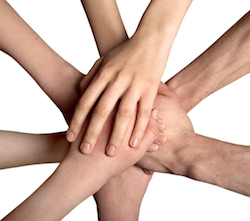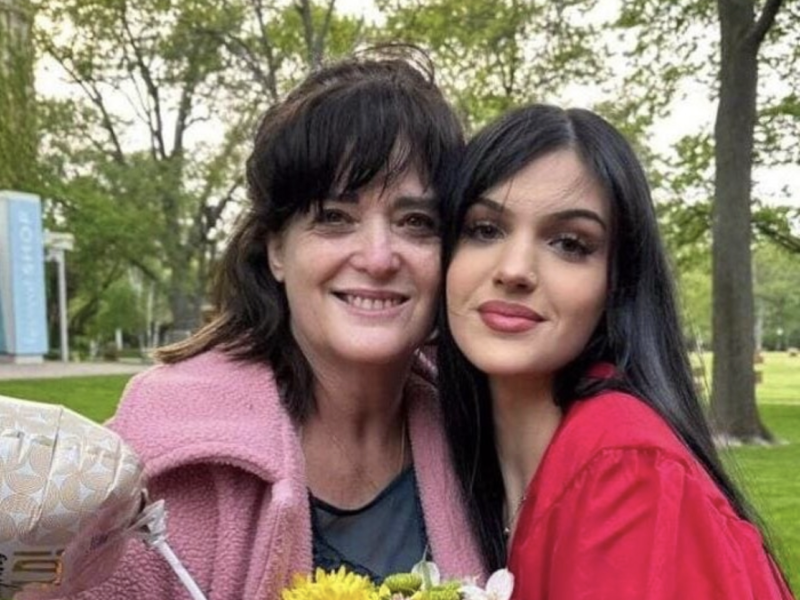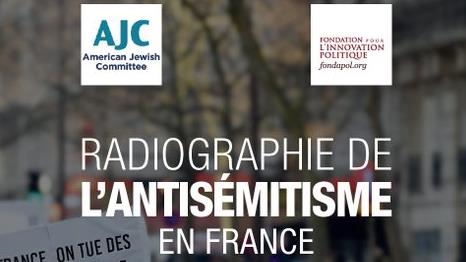
Younger donors first support causes they are passionate about – rather than institutions. It is up to organizations to inspire them and show them that their support can make a tangible difference on the wider issues.
For years, many in Jewish communal service have raised the issue about the future of Jewish philanthropy. They ask, will the younger generation continue to support Jewish causes? Will they be as philanthropic as past generations? And will they participate in the same ways?
Some of this was answered by a new study, Next Gen Donors: The Future of Jewish Giving, which finds that young Jewish philanthropists (ages 21-40) want to carry out their giving in vastly different ways than their parents and grandparents. They will contribute, yet their priorities may be different.
For example, 65% of respondents mentioned funding religious and faith-based causes as compared to 78% for older generations. And for younger donors, education (not specifically Jewish) was their top priority. But for next gen donors, the goal is to find new, innovative ways to maximize the effect of their giving by exploring more hands-on experiences and shifting to more peer-oriented giving.
What may be most important is that younger donors want their giving to be “information-driven, hands-on, impact- focused, and proactive and peer oriented.” Where older generations may have been more socially motivated to give, one next gen respondent to the study said, “I am interested in many of the same causes but much less concerned about the recognition and more about participation and impact.”
The report states, “Next gen donors want to develop closer relationships with the organizations they support, contribute their personal talents as well as money, and get involved to solve problems alongside those they support. They also want to share their philanthropic experiences with peer networks to extend their impact. In short, they want to give their time, talent, treasure and ties.”
While this particular study focused on next gen donors (and in all candor, the participants were from significantly affluent families), we must not forget that baby boomers are now the largest philanthropic cohort in the country, making up 43% of all giving (although only 34% of all donors). While some believe that “digital” is only for young people, studies show that each generation values a mix of online and offline communications and giving channels. In fact, more baby boomers give online than through the mail today.
Interestingly, a study about American giving states that those born before 1946 feel that giving money makes the largest impact for charities, while only 36% of Generation X and only one in four millennials feel the same. Instead of dollars, millennials would rather give of their time, feeling that is the way they can make the largest difference.
So, what messages should our Jewish community take from these studies?
Young people will give generously, but with their own mindset and priorities.
Baby boomers have incredible philanthropic muscle (both with their dollars and their considerable amount of time and experience). We must cultivate this target group and utilize their multifaceted skill set. Impact rules for younger generations, in particular; it is all about seeing results from their contributions.
Younger donors first support causes they are passionate about – rather than institutions. It is up to organizations to inspire them and show them that their support can make a tangible difference on the wider issues.
Perhaps the most important statistic in the entire study is that 92% of respondents said their philanthropy was influenced by their parents. But unfortunately, too few young people are involved in their family’s philanthropy. Programs like the Oregon Jewish Community Youth Foundation and B’nai B’rith Camp’s Teen Philanthropy Program are excellent models that teach teens about how to give, yet learning about philanthropy really starts at home.
As a parent of a 12-year-old and 10-year-old, we do our best to discuss our charitable activities (whether cash donations or time). We share our priorities and values with our children so they understand “the why” and “for what” based on our current interests and thinking. We want them to know what we are doing and the reason behind it. Not every parent will do this. Nor will every child listen. Our hope (expectation may be a better word) is that they will learn from us the importance of giving back to our Jewish community and making the world a better place. And that they will become Jewish philanthropists in their own way.
Marc Blattner is president and CEO of the Jewish Federation of Greater Portland. This column was excerpted from his weekly email called Marc’s remarks. To receive future Marc’s remarks, email rachel@jewishportland.org.





